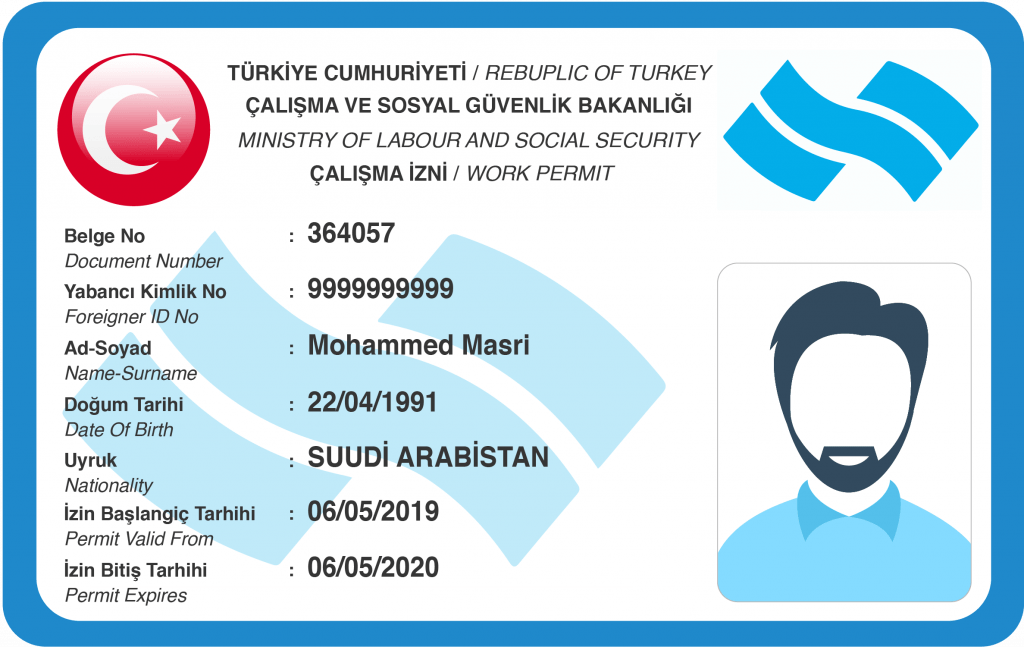Embarking on a professional journey in Turkey offers a unique blend of rich cultural experiences and dynamic economic opportunities. Whether you are an expatriate seeking to leverage international career prospects, an entrepreneur aiming to tap into burgeoning local markets, or a remote worker captivated by the allure of living in a country that straddles two continents, understanding the intricacies of working in Turkey is essential. This guide will delve into the critical aspects of obtaining work permits, navigating the Turkish job market, integrating into the local business culture, and maximizing your professional potential while residing in this historically and economically vibrant nation. From legal prerequisites to societal norms, we provide comprehensive insights to help you seamlessly transition into the Turkish workforce and thrive in your career endeavors.
Navigating Employment Regulations
Navigating employment regulations in Turkey is a crucial first step for anyone looking to build a professional life in the country. Obtaining a work permit is mandatory and the process often begins with securing a job offer from an employer, who must then submit an application on your behalf to the Turkish Ministry of Labor and Social Security. The criteria for obtaining a work permit can vary depending on your nationality, industry, and the specific position you are applying for, making it important to familiarize yourself with the latest regulations and requirements. Ensuring you have the proper documentation, such as a valid passport, proof of qualifications, and any necessary health certifications, will streamline the application process and increase your chances of approval. Additionally, it’s essential to keep abreast of any changes in Turkish labor laws, as regulations can often be updated and compliance is key to maintaining legal work status within the country.
Once you have secured your work permit, understanding your rights and responsibilities as an employee is vital. Turkish labor laws are designed to protect both employers and employees, ensuring fair treatment and safe working conditions. For instance, the standard work week in Turkey is 45 hours, typically spread over six days, with a legal entitlement to overtime pay for additional hours worked. Employees are also entitled to annual leave, sick leave, and maternity/paternity leave, in accordance with the Employment Act. Furthermore, joining a labor union is an option available to workers, providing additional support and advocacy for workplace rights. Familiarizing yourself with these labor protections not only helps in ensuring you receive all the benefits to which you are entitled but also enables you to address any workplace issues appropriately, fostering a positive and compliant professional environment.
Adapting to Turkey’s tax system is another significant aspect of navigating employment regulations. Both employers and employees must be aware of their tax obligations to avoid any legal complications. In Turkey, income tax rates are progressive, meaning the tax rate increases as your income rises. As an employee, income tax is typically withheld from your salary by your employer, who then remits it to the Turkish Tax Authority. Additionally, both parties must contribute to social security funds, which cover health insurance, retirement benefits, and unemployment insurance. Employers are responsible for calculating, withholding, and paying these contributions on behalf of their employees. It’s highly advisable to consult with a tax advisor or financial expert familiar with Turkish tax laws to ensure compliance and optimize your financial standing. Understanding these facets of the tax system is crucial for maintaining your legal status and safeguarding your financial well-being while working in Turkey.
Understanding Workplace Culture
Understanding Turkey’s workplace culture is pivotal for a successful career. Turkish business environments often blend tradition with modern practices, emphasizing both relationship-building and hierarchical respect. Trust and personal connections are highly valued, meaning business dealings often start with informal conversations and social interactions to establish rapport. Punctuality in professional settings is appreciated, though flexibility might be required as meetings can sometimes start later than scheduled. Additionally, maintaining a courteous demeanor and showing respect to senior colleagues are paramount, reflecting the deep-seated cultural emphasis on respect for authority and experience. Mutual respect and understanding cultural nuances not only enhance collaboration but also pave the way for smoother professional integration.
Adapting to Turkey’s communication style is another key aspect of fitting into the local workplace culture. In Turkish business settings, direct communication is often tempered with politeness, and it is common to engage in small talk before delving into business matters. While English is widely understood in many corporate environments, especially in larger cities, learning basic Turkish phrases can significantly enhance your interactions and show your commitment to integrating into the local culture. Additionally, non-verbal cues such as maintaining appropriate eye contact, using gestures, and observing personal space are important for effective communication. Being mindful of these subtleties can foster positive relationships and demonstrate your respect for Turkish customs, making it easier to navigate professional settings efficiently.
Work-life balance is another crucial element of the workplace culture in Turkey. While dedication to work is important, Turks also place significant value on personal time and family. It is not uncommon for employees to enjoy extended lunch breaks or partake in tea and coffee breaks during the workday, fostering a sense of community among colleagues. Understanding and respecting religious and national holidays is also essential, as these are times when businesses may operate on reduced hours or close altogether. By embracing these cultural practices and showing an appreciation for the harmonious blend of professional dedication and personal well-being, you will not only gain the respect of your peers but also enrich your own experience of working in Turkey.
Securing a Job in the Turkish Market
Securing a job in the Turkish market requires a blend of strategic networking and an understanding of local hiring practices. Turkey’s diverse economy spans numerous sectors, ranging from technology and finance to textiles and tourism, each with its own set of demands and opportunities. Crafting a tailored CV that highlights relevant experience and cultural adaptability can significantly enhance your job prospects. Additionally, leveraging platforms like Kariyer.net and LinkedIn, coupled with attending industry-specific job fairs, can offer valuable insights and connections. Understanding the significance of personal referrals cannot be overstated, as Turkish business culture often places a high value on trust and relationships.
Proficiency in the Turkish language can be a substantial asset when seeking employment, as it demonstrates your commitment to integrating into the local culture and can make communication in the workplace smoother. While many multinational companies and startups in major cities like Istanbul and Ankara operate in English, a good command of Turkish can set you apart from other candidates. Enrolling in language courses or utilizing language learning apps prior to your job hunt can be highly beneficial. Additionally, understanding common business etiquettes, such as punctuality, respectful communication, and hierarchical structures, will help you make a positive impression during interviews and within your professional environment. It’s also crucial to stay informed about industry-specific regulations and trends, as this knowledge can give you an edge in discussions and negotiations.
Once you have successfully secured a job offer, navigating the bureaucratic processes to obtain a work permit is an essential step. The application process may vary depending on the type of work permit and your country of origin, but typically involves an employer-sponsored application submitted to the Turkish Ministry of Labor and Social Security. In addition, gathering necessary documentation—such as translated and notarized degrees, proof of prior work experience, and a valid passport—is imperative to avoid delays. Staying up-to-date with the latest guidelines and possibly consulting with legal experts can ensure a smooth transition. Also, once employed, it is advisable to familiarize yourself with the local labor laws, including work hours, benefits, and worker’s rights, to protect your interests and ensure a harmonious work environment. Embracing these steps will facilitate your integration into Turkey’s dynamic job market and set a solid foundation for your professional growth.






